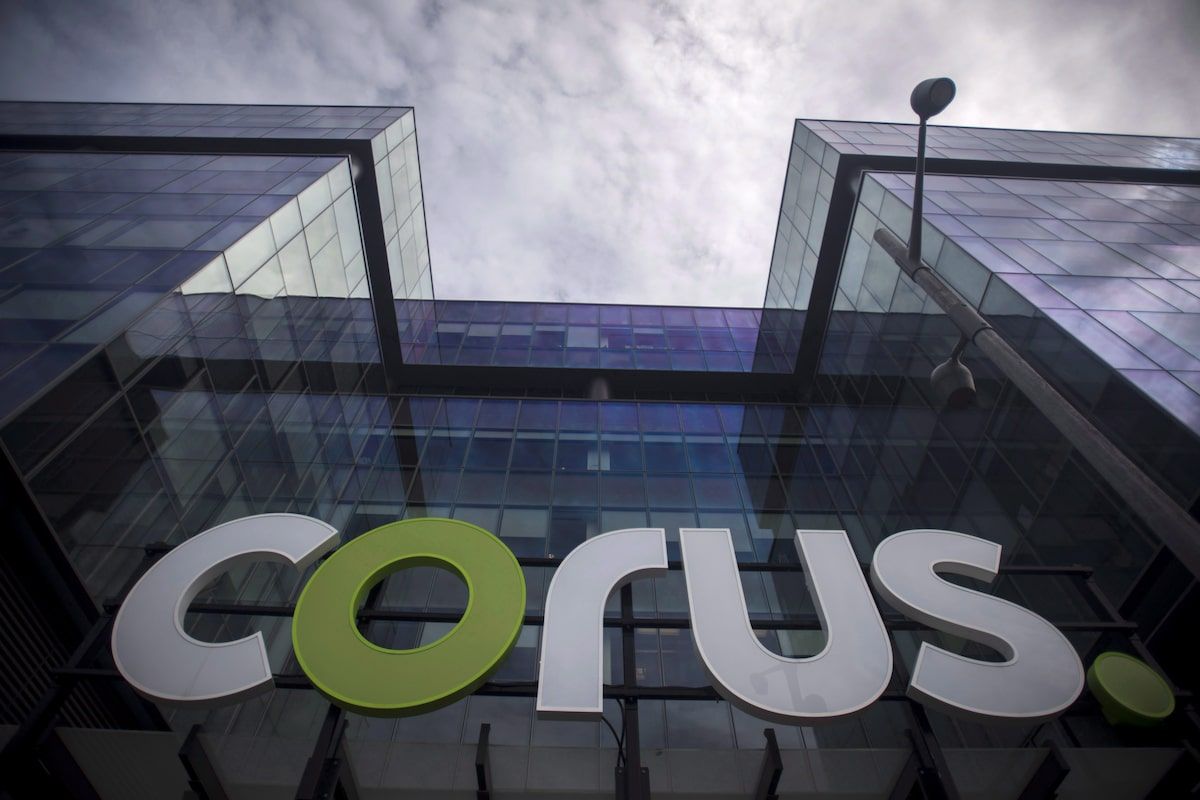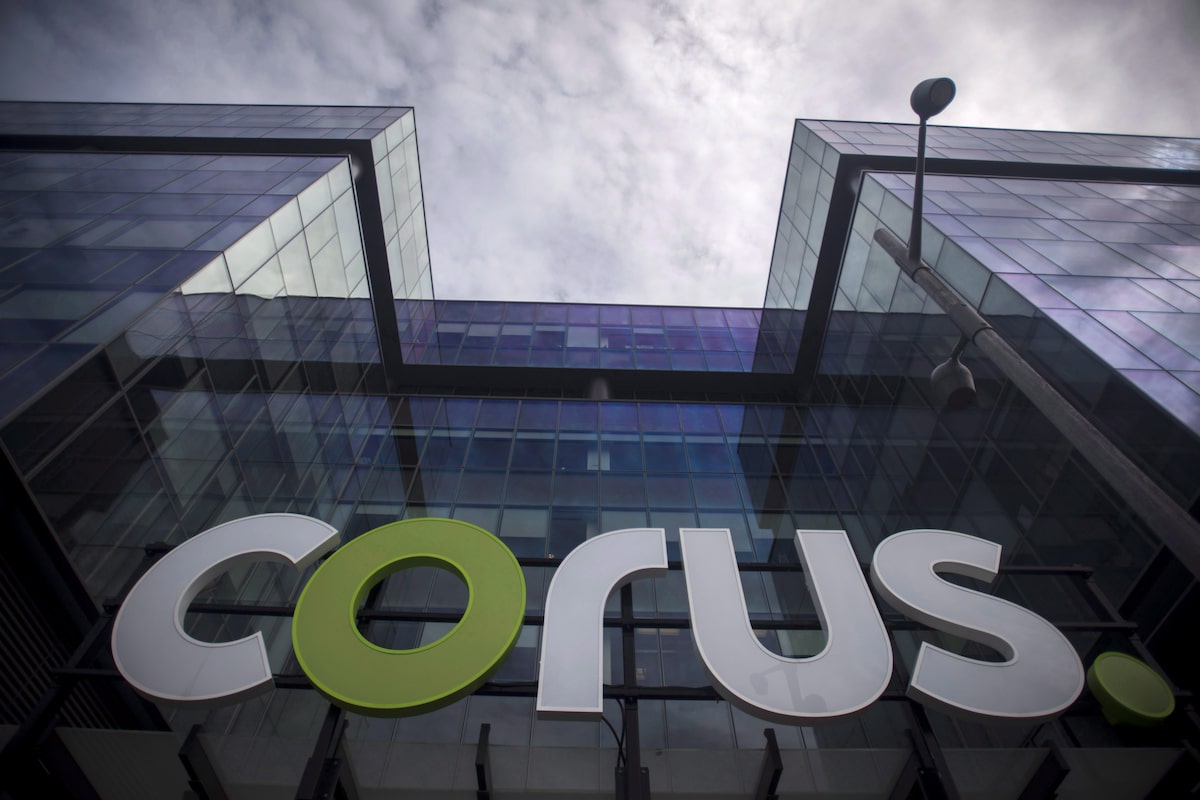
Corus’s lenders amend conditions, grant extension on some of its debt

Corus Entertainment Inc. currently has about $1-billion in total debt, about $330-million of which is a credit agreement with a group of lenders.Tijana Martin/The Canadian Press
Corus Entertainment Inc.’s CJR-B-T secured debt holders have agreed to amend the maturity date and conditions for some of its debt, giving the media company more breathing room as it aims to restructure its balance sheet.
The radio and television company currently has about $1-billion in total debt, about $330-million of which is a credit agreement with a group of lenders.
According to a March 21 filing, lenders have amended the conditions of the company’s debt obligations, extending the maturity date of the debt by one year, to March, 2027. The company’s shares on the Toronto Stock Exchange closed at a price of 12 cents, up 21 per cent, on Monday.
The amendment also includes a number of other changes to the conditions of the debt, including the amount that Corus is able to carry relative to its cash flow. A higher ratio indicates a greater indebtedness relative to the company’s cash flow.
The March 21 amendment raised that ratio to $9.5 for every $1 in cash flow until the end of 2025, loosening the financial covenant and increasing Corus’s borrowing capacity.
The amendment also removes certain requirements for Corus to use its excess cash to repay advances.
Meanwhile, the administrator role has shifted to Computershare Trust Company of Canada, a Toronto-based financial services company, from the Royal Bank of Canada.
“This is an important and significant step in progressing our capital and debt plan,” said John Gossling, Corus’s co-chief executive officer and chief financial officer, in a release Friday.
“We are better positioned to create sustainability in our business, and we expect our efforts to right-size will be ongoing as we anticipate ongoing shifts and factors affecting our industry in the near term.”
Separately, Corus has $500-million in senior unsecured notes due in 2028, and a further $250-million due in 2030.
In January, bond rater S&P Global Ratings downgraded Corus’s credit rating on concerns the company would exhaust its liquidity over the next six to nine months.
In its 2024 financial year, the company earned $1.3-billion in revenue, with a net loss of $772-million and free cash flow of $114-million.
In its first quarter earnings call in January, Mr. Gossling told analysts that the company was continuing to pursue aggressive cost-cutting measures.